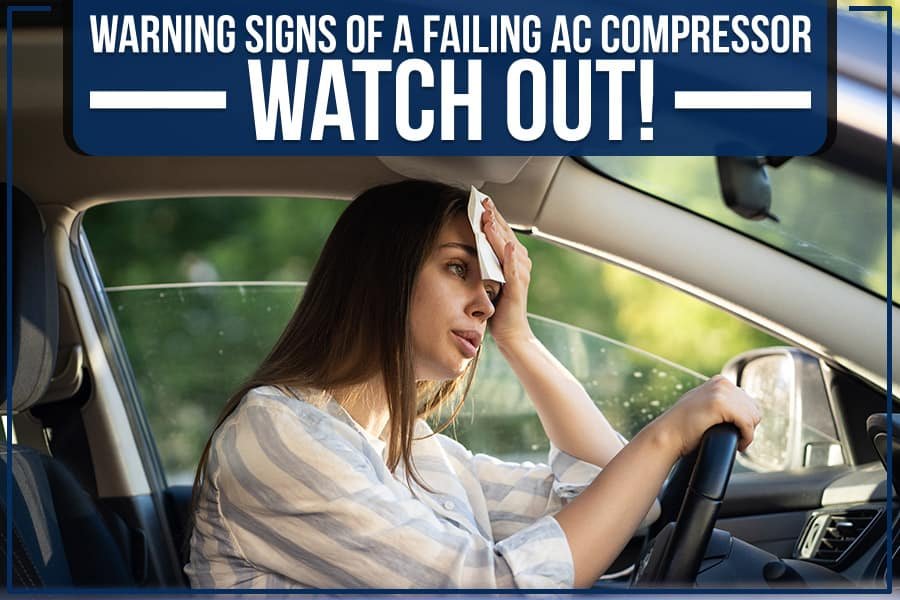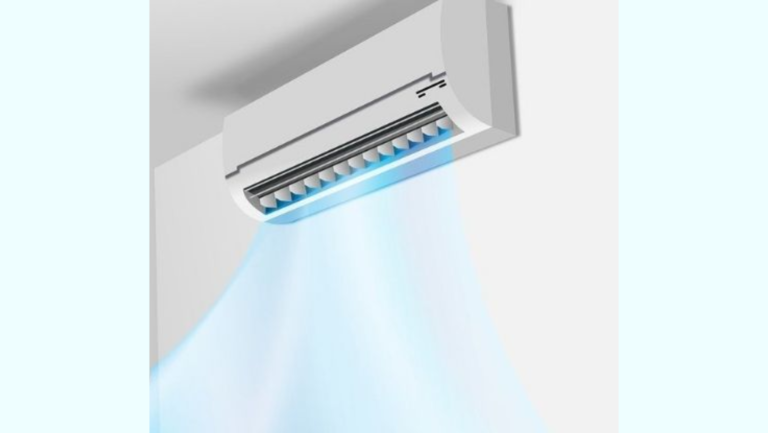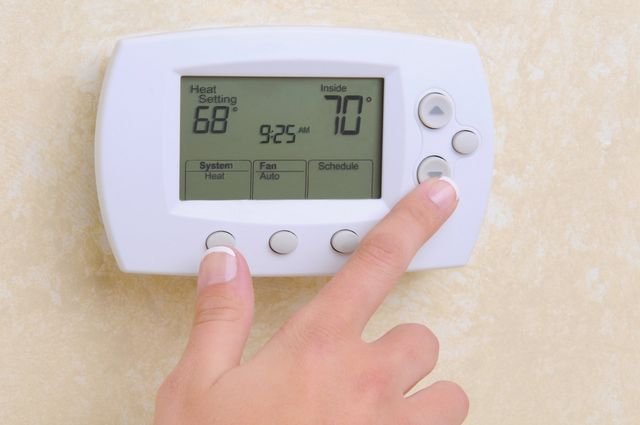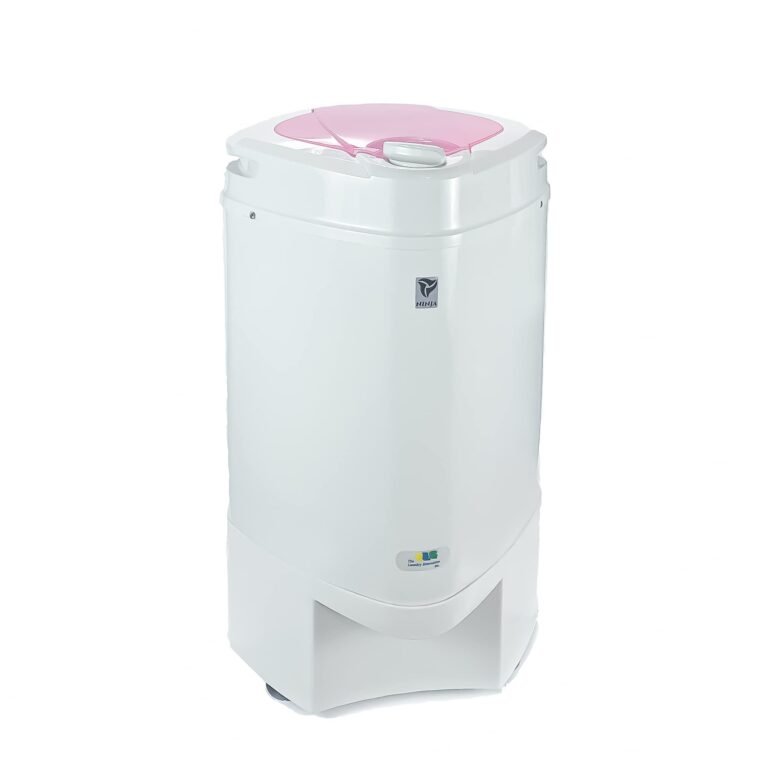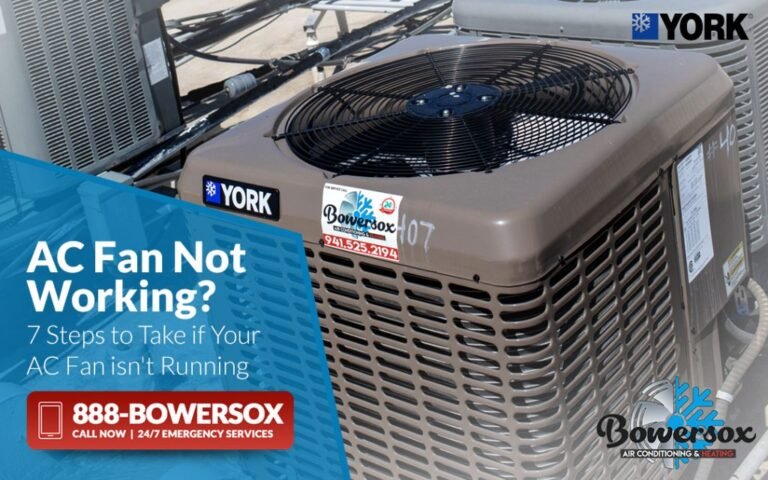What Happens When AC Compressor Goes Bad: Warning Signs & Solutions
When an AC compressor goes bad, it can result in clicking or chattering, rumbling and rattling, restricted airflow, warm air flowing, refrigerant leak, tripping circuit breaker, unit vibrating when starting, and the air conditioner not turning on. This can also cause the system to blow warm air, as the compressor is unable to pump refrigerant through the system.
In addition, a bad AC compressor can affect the engine, causing it to work harder and potentially wear out more quickly. It’s important to address this issue promptly to prevent further damage to the car’s engine and air conditioning unit.
Driving with a broken AC compressor is not recommended, especially in hot weather.
Warning Signs Of A Bad Ac Compressor
| Warning Signs of a Bad AC Compressor |
| Clicking or Chattering Sounds |
| Rumbling and Rattling Noises |
| Restricted Airflow |
| Warm Air Coming from the Vents |
| Refrigerant Leak |
| Tripping Circuit Breaker |
| Vibrations When Starting the Unit |
| Air Conditioner Won’t Turn On |
What are the symptoms of a bad AC compressor? If you notice clicking or chattering sounds coming from your AC unit, it could be a sign of a bad compressor. Additionally, rumbling and rattling noises could indicate compressor failure. Another warning sign is restricted airflow, where you may experience reduced cooling or weak air circulation. If you notice warm air flowing from the vents instead of cool air, it could be a result of a malfunctioning compressor. Another indication is a refrigerant leak, which can lead to inadequate cooling. If your circuit breaker keeps tripping when the AC is running, it could be due to a faulty compressor. Vibrations when starting the unit are another red flag. And finally, if your air conditioner won’t turn on, it may be a sign of a bad compressor. If you experience any of these warning signs, it’s important to address the issue with a professional HVAC technician.
Steps To Address A Bad Ac Compressor
What are the symptoms of a bad AC compressor? Below, we’ll detail the warning signs of a bad AC compressor and the steps you should take to address this common issue. – Clicking or chattering noises coming from the AC system can indicate a problem with the compressor. – Rumbling and rattling sounds may also be a sign of a faulty compressor. – Restricted airflow and warm air flowing from the vents are indications that the compressor is not functioning properly. – A refrigerant leak can result in inefficient cooling and potential damage to the compressor. – If the circuit breaker keeps tripping when the AC is turned on, it could be due to a faulty compressor. – Vibration during the startup of the air conditioner is another warning sign of a bad compressor. – If the air conditioner fails to turn on at all, it could be a result of a malfunctioning compressor. To address a bad AC compressor, you can follow these troubleshooting steps: 1. Check for fuse and relay issues in the fuse box. 2. Inspect the magnet clutch to ensure it is functioning correctly. 3. Determine if the fuse is still intact and working properly. 4. Check for refrigerant leaks and address any leakage. 5. Assess the suction lines for any defects or damage. 6. Examine the belt and compressor clutch for signs of wear or damage. 7. Finally, consider professional repair or replacement options for the compressor depending on the severity of the issue. By following these steps, you can identify and address a bad AC compressor efficiently.Solutions For A Bad Ac Compressor
What are the symptoms of a bad AC compressor? Below, we’ll detail the warning signs of a bad AC compressor and the steps you should take to address this common issue.
- Clicking or chattering
- Rumbling and rattling
- Restricted airflow
- Warm air flowing
- Refrigerant leak
- Tripping circuit breaker
- Unit vibrates when starting
- Air conditioner won’t turn on
If you notice any of these symptoms, it’s important to take action to repair or replace the AC compressor. Here are some potential solutions:
- Repairing the compressor
- Replacing the compressor
- Recharging the refrigerant
- Cleaning or replacing air filters
- Regular maintenance to prevent future issues
- Consulting with an HVAC professional
By addressing the issue promptly and effectively, you can ensure that your AC compressor is functioning properly and avoid any further complications or discomfort. Remember to seek professional assistance if you are unsure or uncomfortable with performing these repairs yourself.
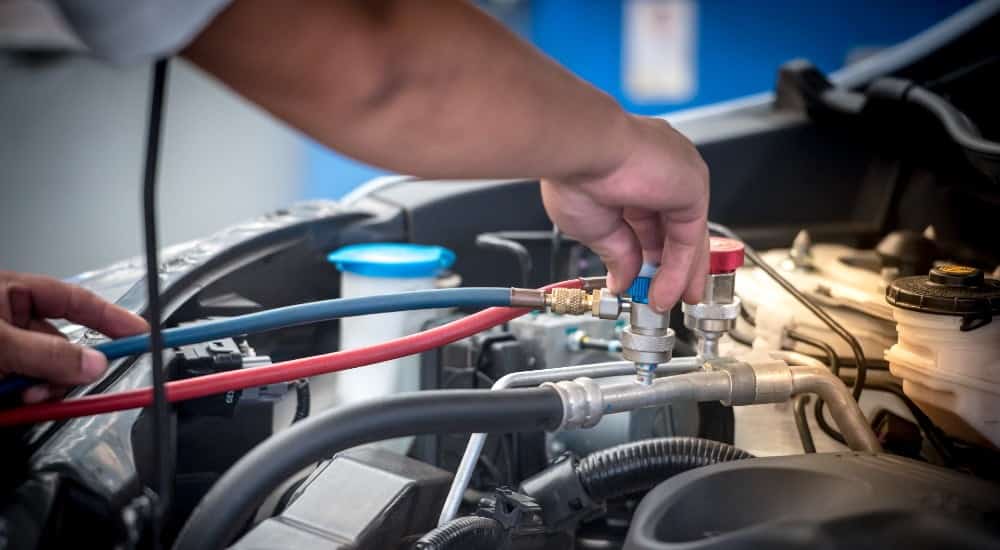
Credit: natrad.com.au
Frequently Asked Questions On What Happens When Ac Compressor Goes Bad
What Are The Symptoms Of A Bad Ac Compressor?
Symptoms of a bad AC compressor include clicking or chattering, rumbling and rattling, restricted airflow, warm air flowing, refrigerant leak, tripping circuit breaker, unit vibrating when starting, and the air conditioner not turning on. A bad AC compressor can affect the engine and cause it to work harder, leading to increased wear and potential damage.
It is not advisable to drive a car with a bad AC compressor.
What Happens When Ac Compressor Stops Working?
When the AC compressor stops working, the system blows warm air. The compressor is responsible for pumping refrigerant through the system to provide cooling. This can also be caused by a refrigerant leak. Driving with a bad AC compressor can cause your engine to work harder and wear out more quickly.
Will A Bad Ac Compressor Affect The Engine?
Yes, a bad AC compressor can affect the engine. When the A/C compressor breaks or malfunctions, the engine has to work harder to power it, causing increased wear and damage. Driving with a broken A/C compressor can lead to damage to the engine and the entire air conditioning unit.
Can You Drive A Car With A Bad Ac Compressor?
Yes, you can drive a car with a bad AC compressor, but you won’t have air conditioning.
Conclusion
Driving with a bad AC compressor can lead to various issues, such as a lack of cooling power, warm air flowing through the vents, and even engine damage. It’s important to recognize the warning signs of a faulty compressor and take necessary steps to address the problem.
Whether it’s clicking noises, restricted airflow, or refrigerant leaks, it’s crucial to have your AC compressor repaired or replaced to ensure the comfort and longevity of your vehicle’s air conditioning system. Don’t ignore the signs and risk further damage.

